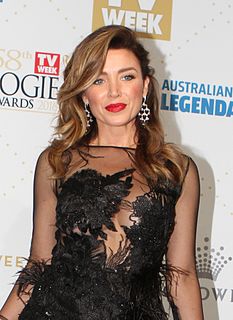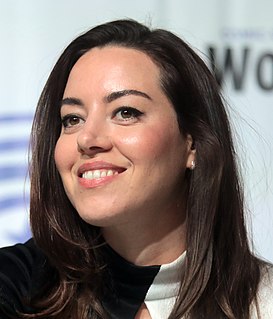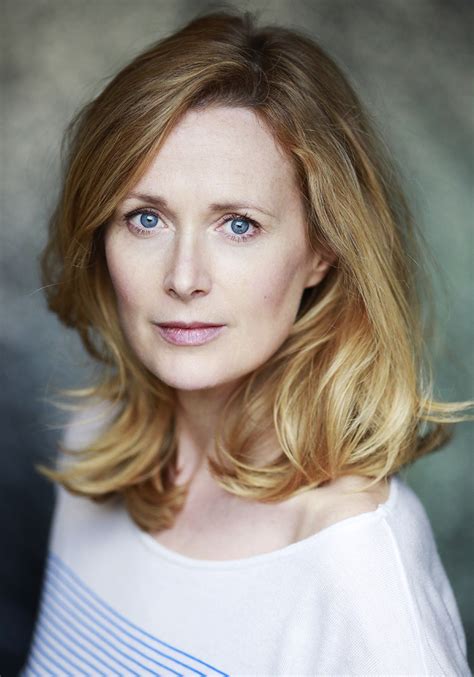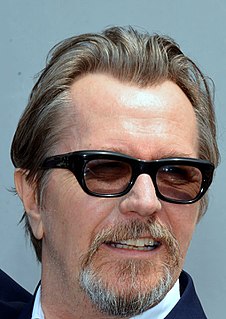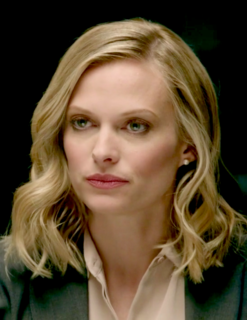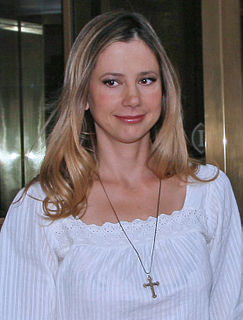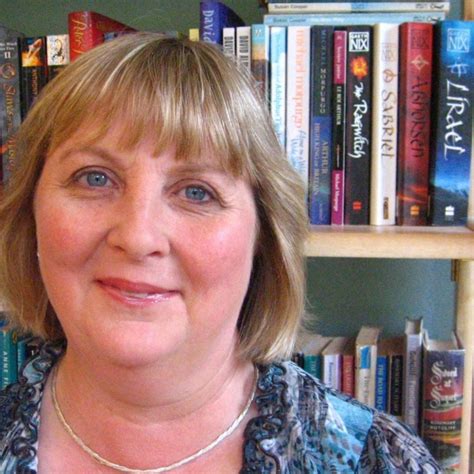A Quote by Olivia Williams
We had an ancient Russian acting coach at my drama school who said the worst offense you could commit was to let your subtext show. That is the point of acting, is to be saying one thing and not be allowed by society or your predicament to show what you're really feeling. In a way, I think that's why the therapy generation has killed script writing, because all you ever get is people going, "Hi, I'm feeling really angry right now."
Quote Topics
Related Quotes
I do the best I can - I know my way around [Russian method acting pioneer] Stanislavski, but I can't take myself seriously like that. I respect people who do it, of course. I just think I'm lucky to still be working at 73. You reach a point in life where you just think, "Show up, do your job, make sure the cheque's on the way," and that's it. I'm not hungry to do anything more, really.
I've had to really teach myself that when you're not feeling it, you shouldn't write anything down because you're going to end up coming back and re-writing it later. Whereas, if you write when you're feeling something, when you're really in the streak, then that's when you're going to get your best stuff.
Having to stand in front of an audience and have it be your job to make them laugh, you can't really look to anyone but yourself. It's what you wrote, what you said and how you said it, so it's kind of terrifying, but I liked it. When it goes well, it's the best feeling in the world. When it doesn't go well, it's the worst feeling, but once you get into the rhythm of it, I think it's really fun.
Really good acting is not about dialogue. It's really just about small moments that really make the whole entire scene and the intention completely different than even maybe what the characters are saying. Two characters could be saying, "I hate you, and I don't want to be with you anymore!" But yet somehow, their toes are just inching more, you know, closer to each other. So a really big thing about acting is really just with your body.
That's the thing about acting - it does have the feeling of downhill skiing. When it's really all going right, you know your lines, you know what's important to your character, you pick the strongest reactions possible to elements in the story. But then you let it all go and you're in the moment and stuff happens. It surprises you and it's super strong; it's like you're living life in a slightly heightened way in the time between "action" and "cut."
Suddenly Saffron had a picture in her mind of Sarah waiting at the bottom of the wall, and she was angry with herself. Something changed in Saffron at that moment. She knew all about feeling left out.... That was why she wanted her angel so badly; proof that she mattered as much as anyone else. "I couldn't really climb the wall," she said. "And if I could, what if I got caught? What would I say?" "You'd think of something." "No. It was a stupid idea. Let's try your way, early in the morning." "Before breakfast?" "Yes. All right Mission Control?" "All right," said Sarah. "All right, Superhero.
I always had acting work when I needed it. I think that is why, when I watch films or TV series in America, I find in small roles or in supporting roles really amazing faces, where I have the feeling these people have actually had a life outside of acting. I find it almost a pity that I've never done anything else.



